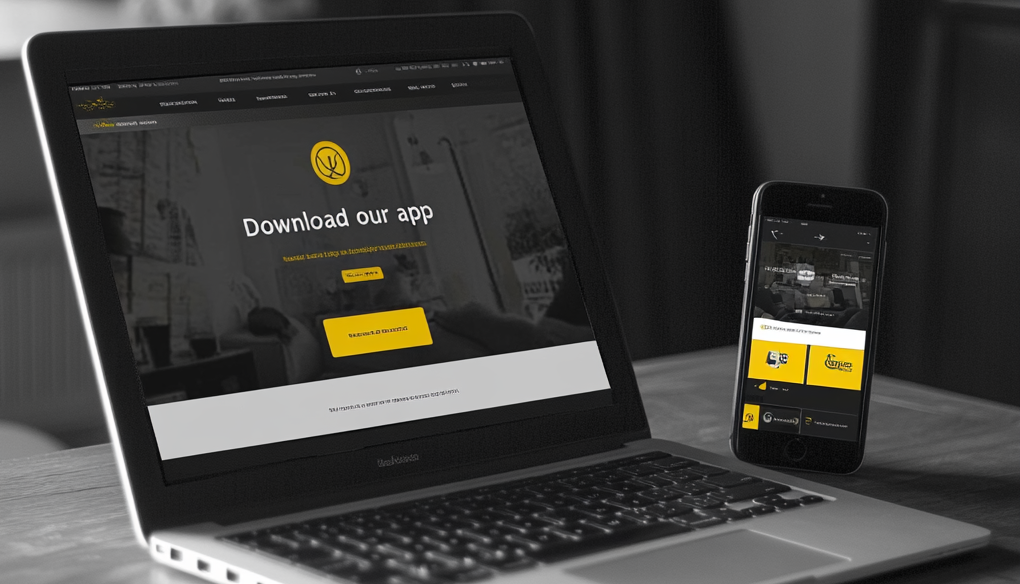This is the third part of our blog series “Life as A New Management Consultant”, where new analysts at Curamando discuss different topics related to their jobs in Business Consulting. In the first post of the series, Lisa Forssberg wrote about work-life balance and in part two, Tim Engström wrote about different tasks. In this post, analyst Marcus Gullbrandson writes about preparations and insights.
Preparations
During my five years in Linköping, the professors often told us how Industrial Engineering and Management was considered a strange mix when the programme was first introduced in 1969. The quote “how is the combination of industrial technology and economics going to be useful for anyone?” was mentioned every single semester. However, this combination quickly proved to be quite useful following this. Evidently, competence in industrial technology and economics was a recipe for success. This programme is now one of the most sought-after and prestigious ones in Sweden – especially if you ask our totally unbiased professors.
However, the market has changed quite drastically since the programme was first introduced in Linköping. Sweden has become a service-based country, meaning that services account for a growing share of the Swedish economy, whilst physical products represent a steadily decreasing share of the grand total. SCB shows in its report “Sverige i Siffror” that services represented 70% of Sweden’s GDP in 2017. In other words, it looks like industrial technical knowledge is becoming less relevant – hopefully not completely irrelevant – in a service society, where other competencies are valued higher.
Insights
During my first three months of working as a management consultant, I’ve received one particular question quite frequently: “Is it what you expected?”. Some things are exactly what I thought they would be – others are quite different.
Digitalisation is obviously one of the main driving factors behind the growing service sector. The possibilities are endless and the disruptive effect that digitalisation has had can be seen in many markets. Previous market leaders are experiencing difficulties when it comes to developing their offers digitally, which makes it incredibly exciting to start working in this time of change.
One realisation that I’ve had during my first three months is that there’s a slight discrepancy between what we learn at university and the knowledge that we might need at our first jobs. At Curamando we work a lot with tools like Google Marketing Platform, Adobe Analytics and other Mar- and AdTech platforms – tools that are extremely helpful when it comes to growing a business. Other companies specialise and build their entire business models around different ERP (Enterprise Resource Planning) and CRM (Customer Relationship Management) systems. Despite this, I’ve never come across these digital tools at university, which I find surprising. Now don’t get me wrong – most of what I learned at university is very valuable and useful indeed. We learn to be problem solvers and generalists who are always prepared to find solutions. However, I feel like universities are slightly behind when it comes to digitalisation and the tools that companies use daily.
With that said, my main insight is how powerful the new digital tools are for business development. This is something that I’d like to share with engineering programs all over Sweden: the mix of industrial technology, economy and digital competence doesn’t have to be a bad idea at all!
Marcus Gullbrandson, Analyst







